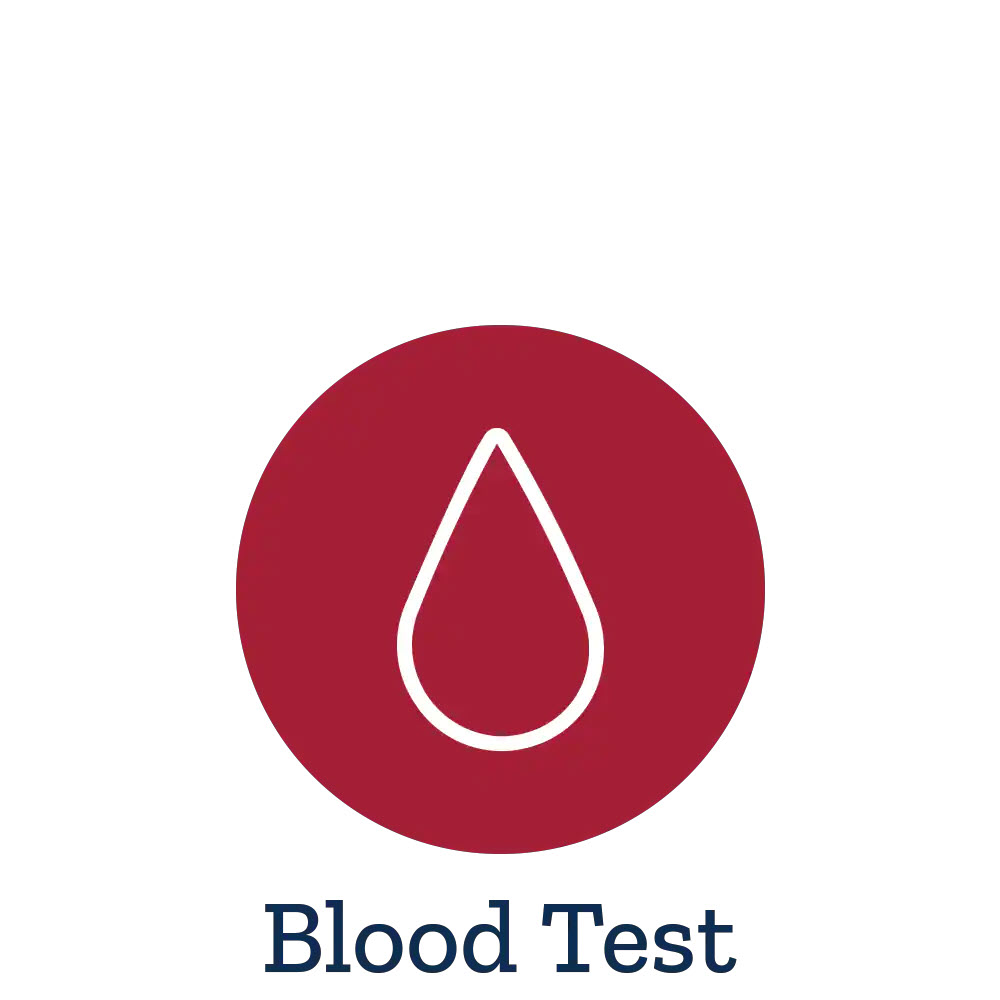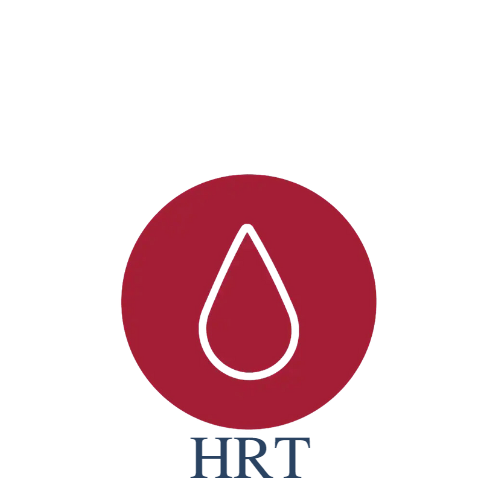Description
Diurnal Cortisol – BLOOD TEST
NOTE: PLEASE CHECK YOUR EMAIL FOR A REQUIRED FORM AFTER YOUR PURCHASE TO COMPLETE YOUR ORDER.
“NOT COMPLETING THE FORM WILL DELAY YOUR ORDER.”
“FASTING”
Cortisol is a hormone that plays a role in the metabolism of proteins, lipids, and carbohydrates. It affects blood glucose levels, helps maintain blood pressure, and helps regulate the immune system. Most cortisol in the blood is bound to a protein; only a small percentage is “free” and biologically active. Free cortisol is secreted into the urine and is present in the saliva. This test measures the amount of cortisol in the blood, urine, or saliva.
The level of cortisol in the blood (as well as the urine and saliva) normally rises and falls in a “diurnal variation” pattern. It peaks early in the morning, then declines throughout the day, reaching its lowest level about midnight. This pattern can change when a person works irregular shifts (such as the night shift) and sleeps at different times of the day, and it can become disrupted when a disease or condition either limits or stimulates cortisol production.
Cortisol is produced and secreted by the adrenal glands, two triangular organs that sit on top of the kidneys. Production of the hormone is regulated by the hypothalamus in the brain and by the pituitary gland, a tiny organ located below the brain. When the blood cortisol level falls, the hypothalamus releases corticotropin-releasing hormone (CRH), which directs the pituitary gland to produce ACTH (adrenocorticotropic hormone). ACTH stimulates the adrenal glands to produce and release cortisol. In order for appropriate amounts of cortisol to be made, the hypothalamus, the pituitary, and the adrenal glands must be functioning properly.
The group of signs and symptoms that are seen with an abnormally high level of cortisol is called Cushing syndrome. Increased cortisol production may be seen with:
- Administration of large amounts of glucocorticosteroid hormones (such as prednisone, prednisolone, or dexamethasone) to treat a variety of conditions, such as autoimmune disease and some tumors
- ACTH-producing tumors, in the pituitary gland and/or in other parts of the body
- Increased cortisol production by the adrenal glands, due to a tumor or due to excessive growth of adrenal tissues (hyperplasia)
- Rarely, with tumors in various parts of the body that produce CRH
Decreased cortisol production may be seen with:
- An underactive pituitary gland or a pituitary gland tumor that inhibits ACTH production; this is known as secondary adrenal insufficiency.
- Underactive or damaged adrenal glands (adrenal insufficiency) that limit cortisol production; this is referred to as primary adrenal insufficiency and is also known as Addison disease.
- After stopping treatment with glucocorticosteroid hormones, especially if stopped very quickly after a long period of use
 Login
Login 0
0 


Reviews
There are no reviews yet.